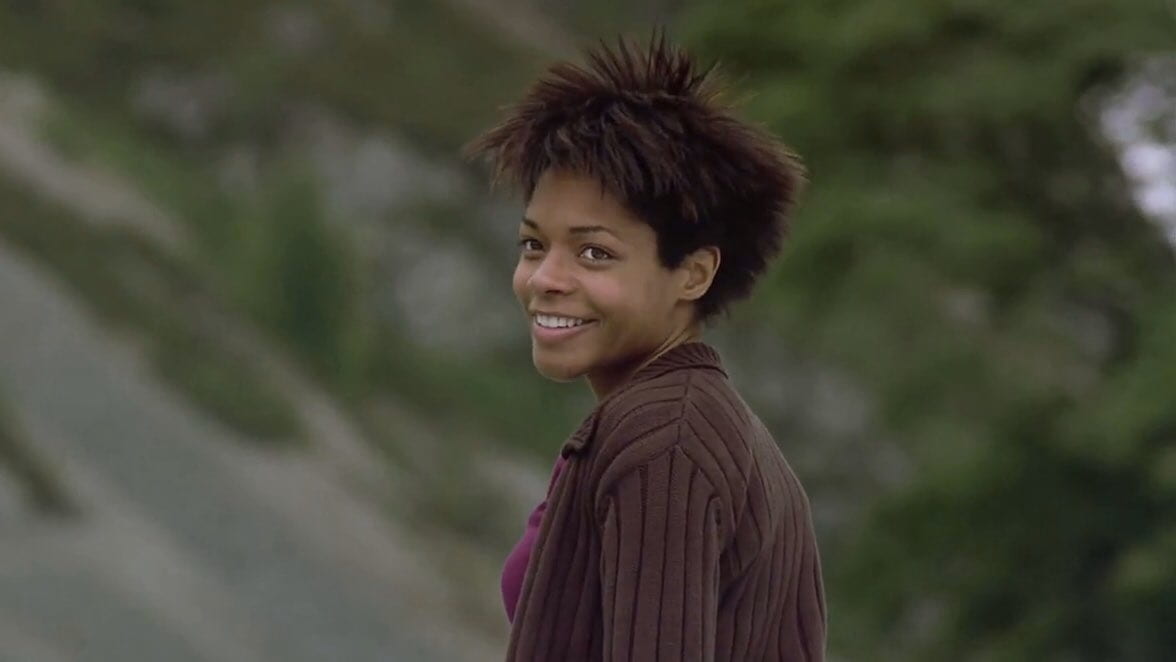“Mulan” is a 1998 American animated musical adventure film produced by Walt Disney Pictures. The plot takes place in China during the Han dynasty where Mulan, the daughter of a very old aged warrior impersonates a man to take her father’s place when there is an invasion. Mulan knows that her father’s health and age will interfere with his time in combat, so she protects him and fights not only for her father, but for herself, proving that she was more than just a housewife. Women are taught growing up to fulfill their gender roles as a woman, like cooking, cleaning and being a good housewife. We are taught at a very young age that there is a difference between masculinity and femininity, and since this movie is often shown to children, it starts them thinking about the differences in gender at a young age. Over time though, we have seen that women can do things that men do and succeed beyond their gender roles. We see in the movie Mulan how she breaks gender roles when she proves that women can be tough and endure the pain and sacrifice men did when going to war.
As the movie plays out, we can see ideas that are parallel with what we have learned in class. For instance, de Beauvoir’s theory of Other is present in this plot. Mulan is oppressed as a woman and she has to hide her true gender because she is underrepresented in the warfare, so this could be considered Otherness as women are looked down upon and treated differently. The men in this movie are considered the One as they have power over the woman in this movie, being stereotypically the more powerful ones in the war. In addition to Otherness, we can also refer to Spivak’s Subaltern, “Can the Subaltern Speak.” Spivak says “identity is its difference.” In this movie, Mulan, as the non-represented subject (women) hides her true identity to make it evident that her gender does compare and even succeed beyond the comparison to the more powerful/dominant one (men). The producers of this movie therefore, inspires conversations about gender roles, power and injustice and we can see how Mulan’s Otherness appeals to the viewers of this movie as she shocks the world with her ability to overcome gender stereotypes in war and even sparks conversations of stereotypes of everyday life.







